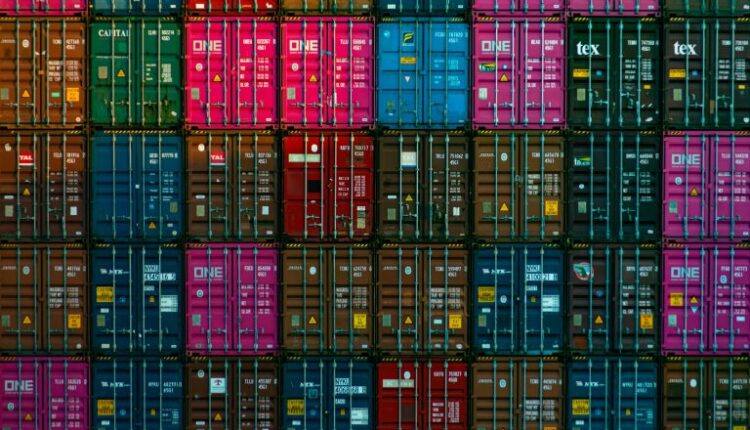Bipartisan “No Coffee Tax Act” Stalls As Senate Blocks Attempt To Fast-Track Bill – CoffeeTalk
The rising coffee prices in the United States have led to significant concerns and legislative actions, particularly surrounding the proposed “No Coffee Tax Act.” This legislation, co-authored by Senator Catherine Cortez Masto (D-Nev.) and Senator Rand Paul (R-Ky.), aims to address the financial strain on consumers resulting from President Donald Trump’s reciprocal tariffs on imported goods, which impact coffee particularly hard. A noteworthy aspect of these tariffs is the staggering 50% levy on coffee imports from Brazil, causing average grocery prices for roasted coffee to soar to $9.14 per pound in September, marking a dramatic 41% year-over-year increase. This surge is corroborated by the Bureau of Labor Statistics noting an 18.9% rise in coffee prices within the same timeframe.
The attempt to fast-track the “No Coffee Tax Act” faced a setback when Senator Mike Crapo (R-Idaho), chair of the Senate Finance Committee, objected to the unanimous consent motion, necessitating further deliberations in committee. The act is part of a broader initiative to exempt coffee from tariffs that undermine local consumers, especially as domestic coffee production in Hawaii and Puerto Rico constitutes less than 1% of the national green coffee demand.
Arguments surrounding the act have been polarized. Senator Cortez Masto advocates for the relief it would provide consumers by removing taxes on coffee, arguing that while targeted tariffs can be beneficial in trade contexts, taxing coffee specifically is misguided. Conversely, Senator Crapo cautions against making exceptions for specific goods without an overarching negotiation strategy, citing recent trade deals with Cambodia and Malaysia that allow for certain exemptions but collectively account for less than 0.1% of global coffee production as per USDA statistics.
Overall, the situation underscores the pressing challenges faced by coffee consumers and retailers amid escalating prices and ongoing trade conflicts. Legislators are under increasing pressure to strike a balance between addressing trade issues and alleviating the financial burden on American consumers as they navigate the complexities of coffee tariffs.
Read More @ Emegypt
Source: Coffee Talk



